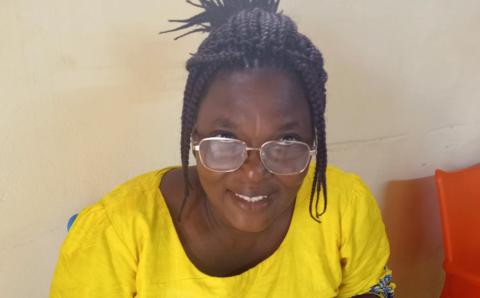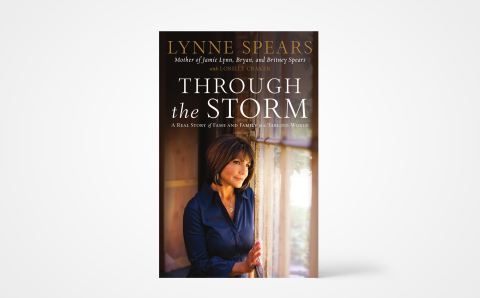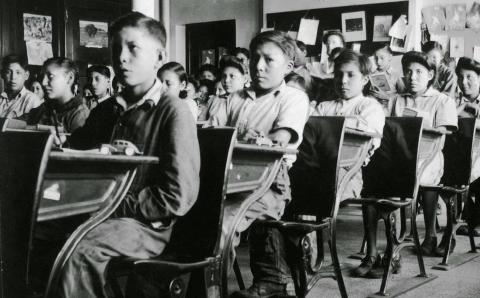Editor’s Note: This article is the first in an online series called “Past Controversies, Present Insights.” The series explores issues that shook our denomination at the time, but now we might wonder what the big deal was. In the articles, William Katerberg, curator at Calvin University’s Heritage Hall, outlines the historical contexts and digs into what we can learn from our denomination’s past disagreements.
This summer I spent time thinking about the history of controversies in the Christian Reformed Church. That’s partly because I’ve been writing a series of stories about this for The Banner. And it’s the case that the CRC has been arguing about one thing or another—such as now with human sexuality—for as long as I can remember. It’s part of our Protestant DNA.
My earliest memories of controversy date to the discussions about women in office in the 1970s (and beyond). Some issues from that era—membership in fraternal lodges and baptizing adopted children—did not make my radar. I did not know about synodical discussions of Pentecostalism, but I do remember hearing concerns that “small group” programs were cult-like. My Christian high school forbade dancing even though the CRC changed its mind on the issue in 1982. When I was in college in the 1980s, it was women in office (still) and evolution (again).
I knew about “the battle for the Bible” and anger at what some professors and clergy in the CRC allegedly taught. I did not know about synod’s Report 44 on Scriptural authority and interpretation. I was a kid in 1972. Like most CRC folk, I assumed that all our battles ultimately were about who got the Bible right.
We were children of the Reformation, after all. Scripture was the proper authority. We criticized Catholics for bowing to tradition and liberals for exalting reason. I don’t remember what I knew about the church splits in the Netherlands and America that led to the formation of the CRC, but the idea that faithfulness to the Bible often required separation was a part of my heritage.
In the 1990s, in graduate school at Notre Dame and Queens University, I studied religious and social history. I learned comparative perspectives on my background and started to see more dimensions to my Reformed heritage and its militant impulses. Somewhere along the way, I began to wonder whether the individual was the functional authority for Protestants—each person his or her own interpreter of the Bible. .
My series of stories avoids taking sides. It explores how we in the CRC have fought and how social and religious contexts have shaped our conflicts.
- We’ve often agreed to disagree and allowed for local options.
- Issues occasionally fade away. Synod condemned three “worldly amusements” in 1928. It changed its mind on movies and dancing, but not card playing. Yet we play cards without guilt.
- The way we argue is predictably Reformed. I don’t mean the content—the doctrine of grace, for example. I mean how we apply categories such as “confession” to conflicts and other traditions, even if that category makes no sense to another tradition.
- We’ve never been just “Reformed.” Being an immigrant church also has shaped our conflicts, as have Americanizing/Canadianizing and growing more bourgeois and ethnically diverse.
My point is not whether any of this is good or bad. It’s about becoming more self-aware. My hope is that we can learn to see our peculiarities in new ways.
About the Author
Will Katerberg is a professor of history and curator of Heritage Hall at Calvin University in Grand Rapids, Mich. He is a member of Church of the Servant CRC in Grand Rapids.









